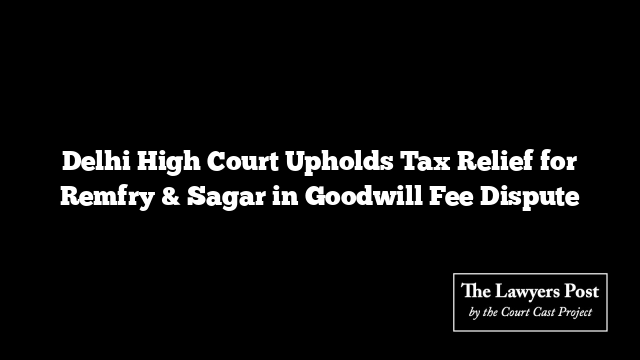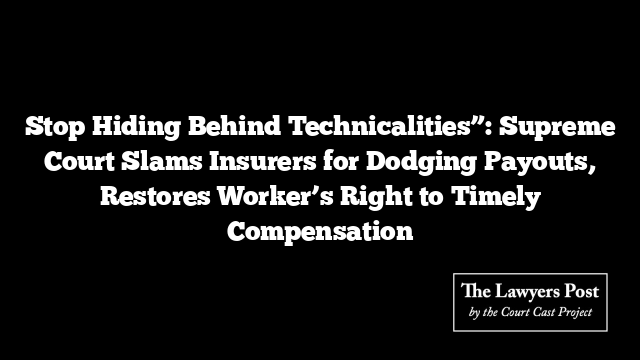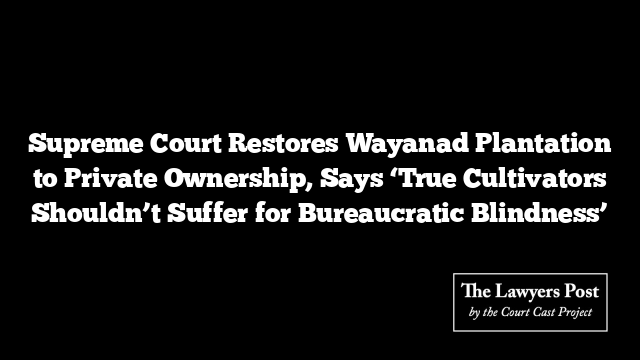The Delhi High Court has put an end to the Income Tax Department’s challenge against law firm Remfry & Sagar, affirming that the firm’s licence fee payments for the use of its name and goodwill qualify as legitimate business expenses.
A Bench of Justices V. Kameswar Rao and Vinod Kumar reaffirmed the Income Tax Appellate Tribunal’s view that the payments made by the firm to Remfry & Sagar Consultants Pvt. Ltd. (RSCPL) were fully deductible under Section 37 of the Income Tax Act. The Court observed that the issue had already been settled in an earlier case involving the same firm, leaving no “substantial question of law” to consider.
The controversy centered on the firm’s arrangement with RSCPL—a company operated by family members of the late Dr. V. Sagar, founder of Remfry & Sagar. The tax authorities had argued that the licensing of goodwill amounted to an impermissible sharing of professional income with non-lawyers, which would be barred under the Bar Council of India Rules.
Counsel for the Revenue maintained that the payments were effectively profit-sharing disguised as business expenditure, and therefore disallowable. However, the law firm countered that the goodwill was a validly held, transferable asset—gifted by Dr. Sagar—and that paying for the right to use it was a lawful commercial transaction, not a violation of professional conduct norms.
The High Court sided with the firm’s position, reiterating that the goodwill of a legal practice can indeed be treated as a commercial asset, and that the use of such an asset through a licensing agreement does not breach professional ethics. The Court emphasized that the BCI’s prohibition on fee-sharing with non-lawyers cannot be stretched to cover legitimate business arrangements involving intellectual or intangible property.
In addition to the goodwill dispute, the Court also dismissed the Department’s separate challenge against the deletion of a five percent disallowance on the firm’s travel and entertainment expenses. It found that the assessing officer had provided no concrete evidence to justify the disallowance, agreeing with lower authorities that the move was based purely on assumption.
With this ruling, the High Court reinforced the view that commercial goodwill and professional ethics operate in distinct domains—and that taxation should respect that boundary.





